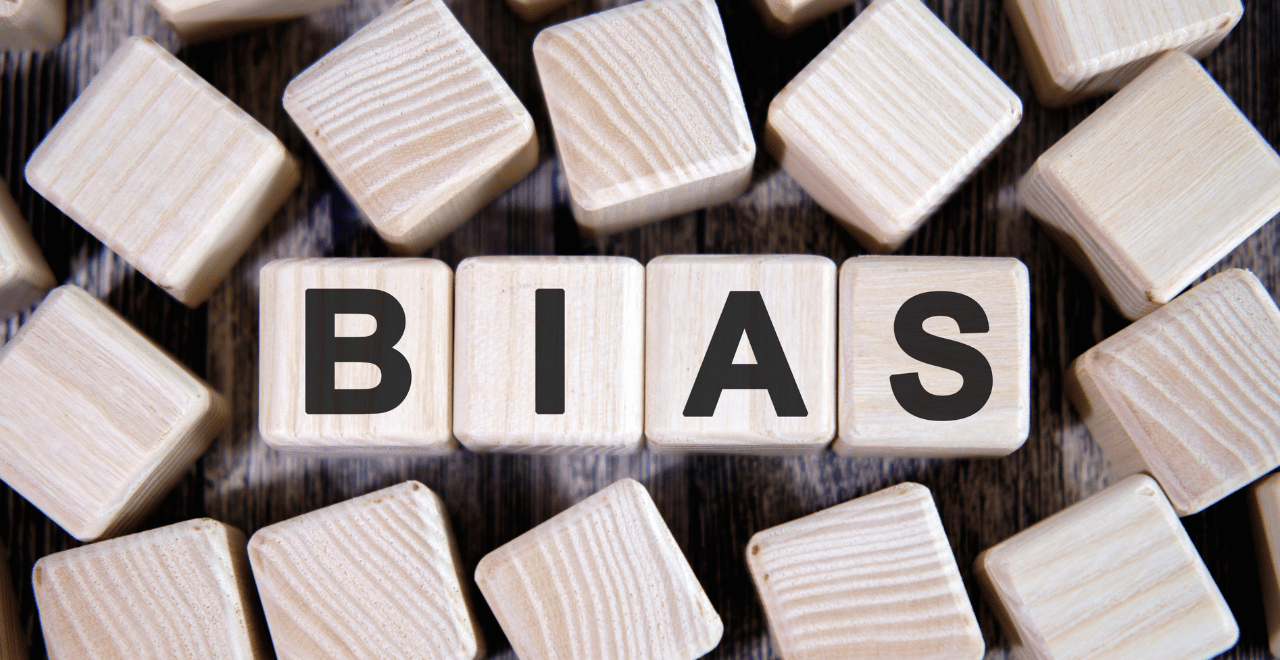Catellani, P., & Piastra, M. (2025). Biases and debiasing in human and artificial intelligence. Oñati Socio-Legal Series.
When we make decisions or argue, cognitive, emotional, and motivational factors often lead us to use mental shortcuts. These can speed up reasoning but can also lead to systematic biases. To counteract them, various debiasing strategies can be tested experimentally. In the justice system, it is crucial that the decision-making procedures match the capabilities and limits of human cognition. Artificial intelligence is also affected by biases, but these are not due to the subjectivity of the algorithms, but to flaws in the formal methods. Rigorous methodological analysis is essential to improve awareness and control. Algorithms can be adjusted and monitored to ensure that their predictions and actions reflect reality and serve their intended goals. Whether in human or artificial intelligence, debiasing strategies help to reduce bias and improve the quality of reasoning and decisions.

